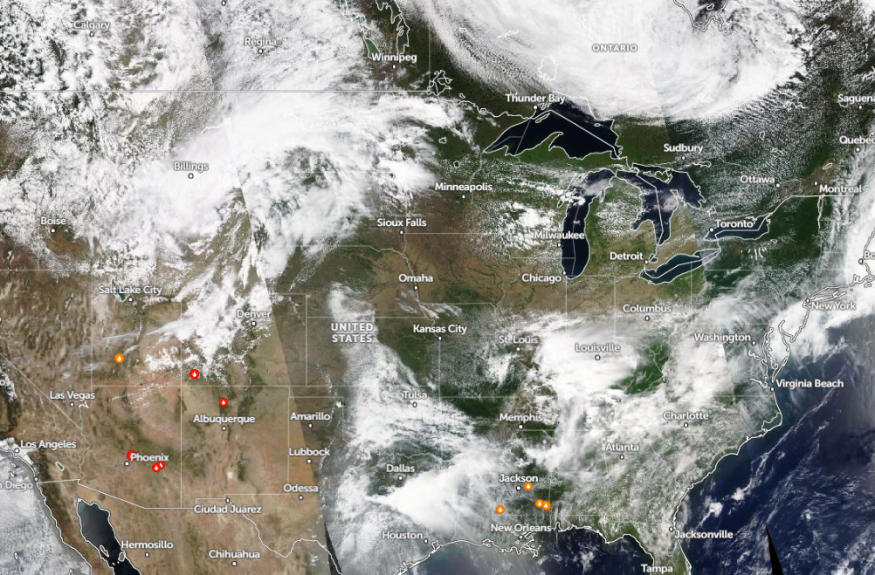The latest weather report warns of potential challenges to devastating storms in the 2024 hurricane season. Homeowners should develop emergency plans to keep safe from the weather.
2024 Atlantic hurricanes: What can people expect?

The National Weather Service (NWS) recently released the latest NOAA report, which noted a potential above-normal 2024 Atlantic Hurricane Season. The forecast highlights warmer-than-average ocean temperatures and La Nina, which can increase tropical activity.
ICYMI: @NOAA forecasters predict that an above-normal 2024 Atlantic Hurricane Season is 85% likely.
— National Weather Service (@NWS) May 23, 2024
This is the most confidence forecasters have had in any above-average seasonal outlook.
Read more at https://t.co/0iVLwPJcyT pic.twitter.com/miwVyoLtFE
In the prediction, the NOAA outlook, from June 1 to November 30, predicted the outcome of hurricane season.
- There is an 85% chance of an above-normal season
- There is a 5% chance of a below-normal season
- There is a 10% chance of a near-normal season
Additionally, the report explains that 17 to 27 named storms are likely. Winds can reach up to 39 mph or higher. There is a likelihood of 8 to 13 to become hurricanes, with winds reaching 74 mph or higher.
Four to seven major hurricane categories can emerge. Winds can reach category 3, 4, or 5, and temperatures can reach 111 mph or higher.
Although this season could become above-normal, it could spawn strong hurricanes. Significant factors, such as ocean temperatures and the development of La Nina in the Pacific, worsen hurricane activity.
According to a report, the 2024 Atlantic Tropical Cyclone Names are the following:
- Alberto
- Beryl
- Chris
- Debby
- Ernesto
- Francine
- Gordon
- Helena
- Isaac
- Joyce
- Kirk
- Leslie
- Milton
- Nadine
- Oscar
- Patty
- Rafael
- Sara
- Tony
- Valerie
- William
This May, portions of the United States experienced widespread severe weather conditions, including thunderstorms, isolated tornadoes, hail, and damaging winds.
Read also: Oklahoma, Kansas Memorial Day Forecast: Severe Weather Packed with Tornadoes, Hail to Disrupt
Hurricane season preparedness
As hurricane season arrives, staying prepared for this 2024 season is best. Hurricanes can unleash deadly flooding rainfall, flash floods, and strong winds, causing significant damage to life and property.
Preparations can mitigate the risks of hurricanes. The most vulnerable people live in low-lying areas near coastal regions.
Homeowners should turn on mobile information or alerts. Staying updated with the latest weather information can reduce the risks of severe weather conditions. This helps communities be more alert for power outages and evacuation plans.
When commuting, it is best always to consider the weather. Maintaining distance from other vehicles can help keep you safe from the weather. However, when the weather becomes severe or roads are flooded, it is best to stay at home.
In addition, having emergency kits is essential for households. There are times when commutes become inaccessible, or people are stranded due to flooding. The recommended emergency kits are battery-powered radios, medicine kits, canned goods, bottled water, and raincoat.
Homeowners should also check for evacuation areas when strong hurricanes unfold. Weather advisories are crucial and helpful when the situation becomes life-threatening.
Read also: Northeast I-95 Corridor Weather: Severe Thunderstorms Likely to Bring Challenging Commutes
For more similar stories, don't forget to follow Nature World News.
© 2025 NatureWorldNews.com All rights reserved. Do not reproduce without permission.

